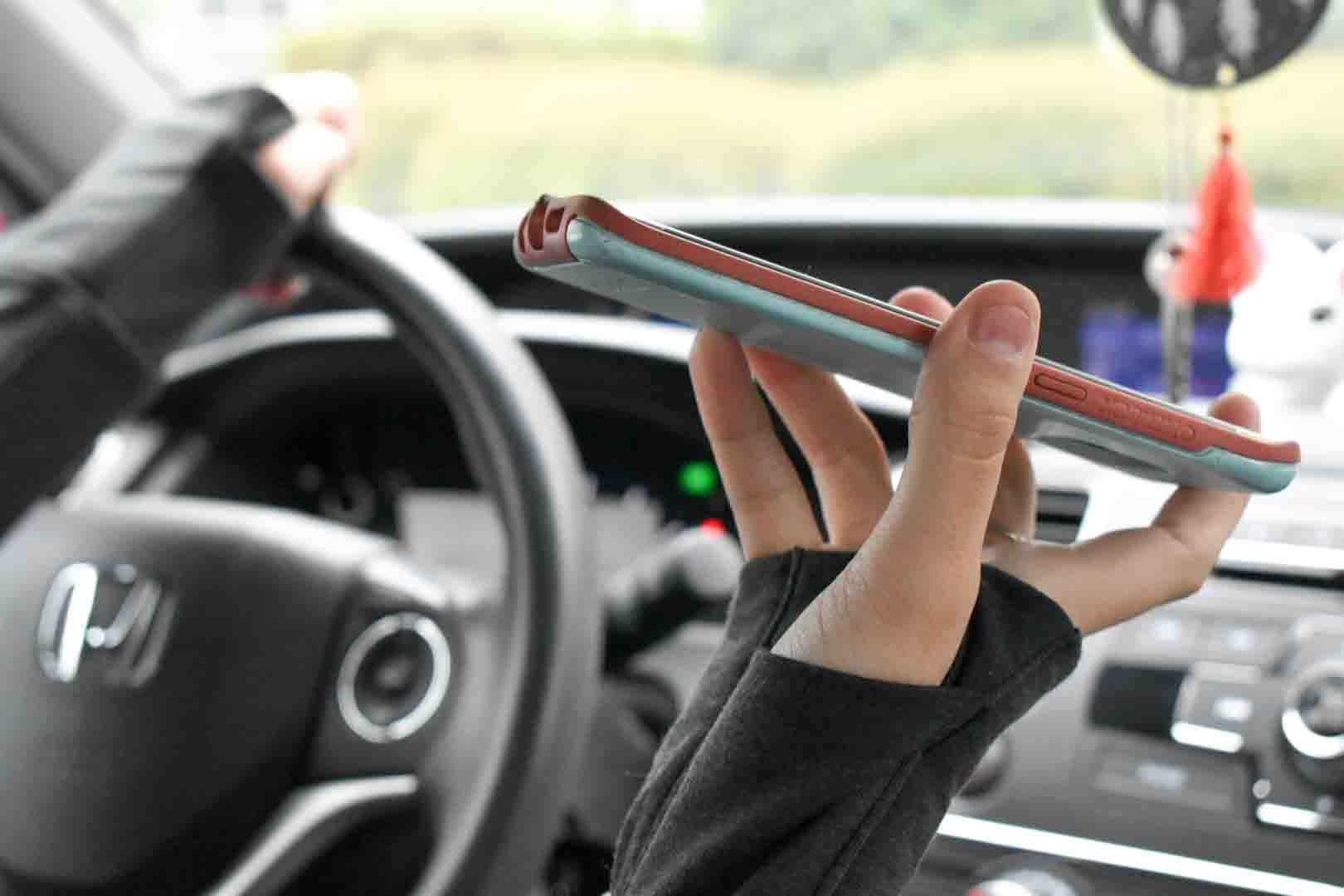House Bill 673, designed to prohibit motorists from holding their phones while driving, would prevent the deaths of many Georgians and tackle the selfish desire to use a phone while driving if signed into law.
According to the Georgia Department of Transportation, traffic fatalities have risen by nearly a third since 2014, and, according to The Atlanta Journal-Constitution, some safety advocates attribute the rise to our constant addiction to cell phones. In the last year alone, 1,550 people died in Georgia due to distracted driving.
Many opponents of the bill say that police should simply better enforce the existing texting while driving ban to address this issue. However, there are technical legal barriers to police enforcing the existing law.
According to the AJC, it’s difficult for many officers to tell if someone is texting or just dialing a phone number, which is legal under the current law. Even if someone is texting while driving, all they have to do is claim to have been making a call instead of texting. This unenforceable middle ground simply does not suffice.
Like many students, I still find myself making excuses to handle my phone while driving in order to change the song, put an address into my navigation or dial a phone number. I am more easily able to make excuses to say that it is not as dangerous because it is only for “one quick second.” But, in reality, all it takes is one quick second to end a life.
According to a 2017 report by the National Traffic Law Center, “Studies have shown the overall crash risk increases 3.6 times over model driving when a driver interacts with a handheld device.”
If all hand-held use of your cell phone while driving was illegal, it would be easier for people to make the mental switch in ruling out any cell phone use while driving. With 15 states having already adopted such laws, and 13 of them seeing a substantial decrease in traffic fatalities within just two years, the evidence speaks for itself.
Furthermore, it seems extremely morally difficult for anyone to justify the selfish desire to use their cell phone while driving when those countering the argument are people like Mary Carol Harsch, whose husband was struck and killed by a motorist talking on his phone.
In an interview with the AJC, Harsch said that she feels his life was worth more than the convenience of talking while driving.
“I would love to see HB 673 passed, because it’s past time for us to do something in Georgia to make our roadways safer,” Harsch said.
There is no excuse to hold your cell phone while driving when there are now a number of affordable hands-free driving devices and features such as voice-to-text. Your life is worth more than a phone call.



